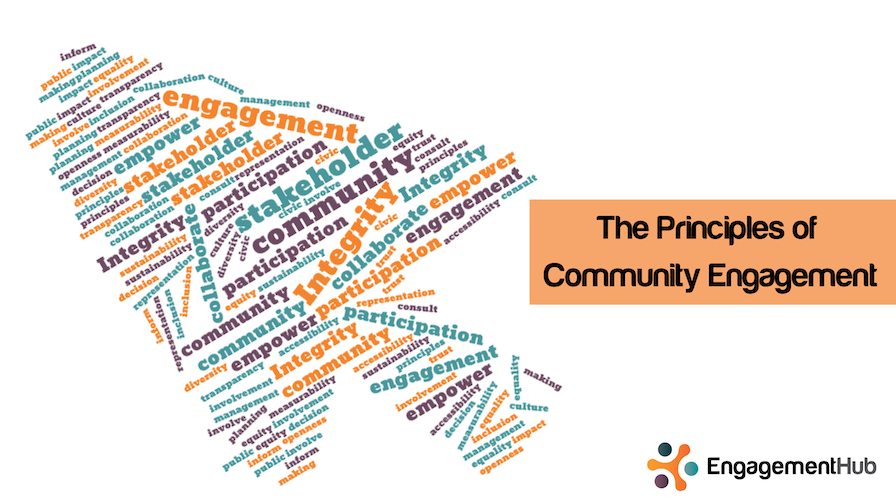Organisations need to select the right stakeholder relationship management tool if they value meaningful and effective stakeholder engagement and management. Regardless of the type of organisation, it is vital to choose and leverage a platform that will meet your organisational needs now and in the future.
Benefits of a Stakeholder Relationship Management Platform for your organisation?
Stakeholder relationship management is a complex process that involves multiple steps such as identification, analysis, planning, and executing actions aimed at interacting with and managing stakeholders. Stakeholder Engagement is a crucial part of every industry and sector’s responsibilities. Effectively managing stakeholders’ relationships is imperative to meet organisational objectives, ensure regulatory compliance, and build trust.
Why Use a Digital Stakeholder Engagement Approach?
In today’s uncertain business landscape, external factors such as economic downturns, regulatory shifts, and supply chain disruptions and internal factors such as employee turnover and retention can greatly affect an organisation’s operations and success. Digitalising stakeholder relationship management (SRM) has become a strategic necessity. Leveraging digital channels and tools along with using advanced digital business communications enables organisations to elevate the way they communicate with their stakeholders, proactively identify and mitigate potential risks, and overcome the challenges and limitations they might face when relying on outdated, manual processes.
Here is how Engagement Hub can help you advance your communications and engagement with your stakeholders, allowing businesses to meet their goals and ultimately position for long-term success:
1. Save Time, Money, and Resources: Leveraging a digital approach to stakeholder engagement significantly reduces costs, time, and resources.
Traditional methods involve production expenses, repetitive manual tasks, travel costs, and time lost from project work which often requires huge costs.
By using modern digital tools and channels, organizations can reduce software acquisition and automate time-consuming, labor-intensive processes.
This shift frees up valuable time for important project work, helping to complete tasks and maintain schedules while saving money.
2. Improved Transparency: Transparency plays a vital role in setting stakeholder expectations and eventually encouraging engagement.
When stakeholders understand the process and methods, they become more proactive in seeking information and participating.
Consistently engaging stakeholders is essential to ensure that the information shared aligns with their specific interests is important.
For example, a stakeholder focused on project costs will want updates on budget impacts, not unrelated assessments.
3. Advanced Stakeholder Engagement: Utilizing a digital stakeholder engagement approach will help receive updates along with information tailored to their preferences and delivered when and where they choose.
Neglecting the importance of building strong, trusting relationships with stakeholders can jeopardize the progress of your project.
By leveraging digital tools for stakeholder management, you can streamline the engagement process while fostering the meaningful interactions essential for project success. Your organization’s authority and reputation are built on these relationships.
For effective and meaningful stakeholder engagement, try Engagement Hub today!





